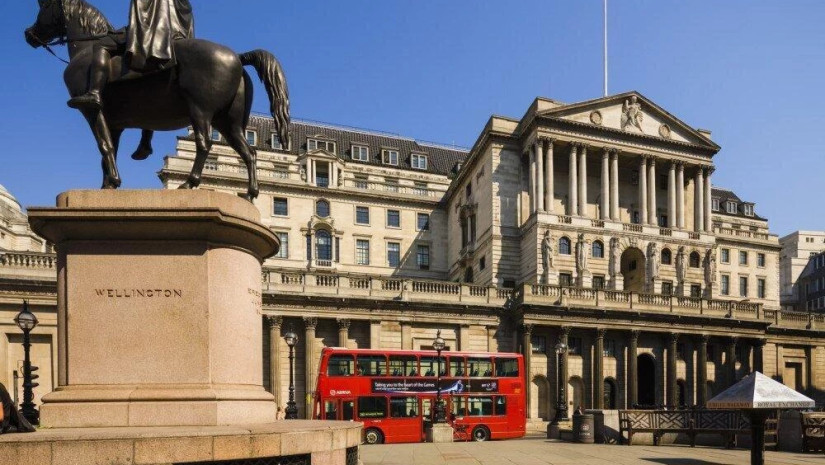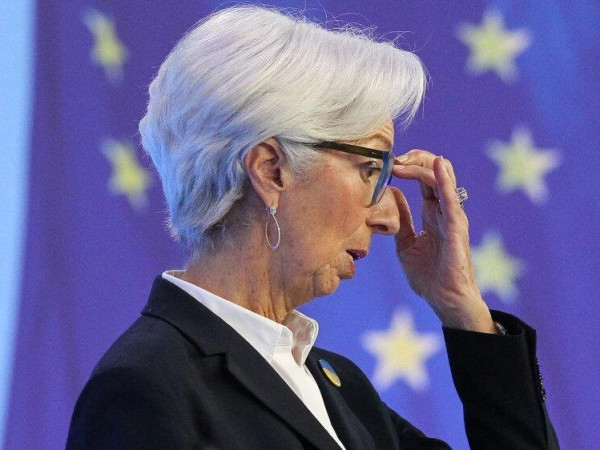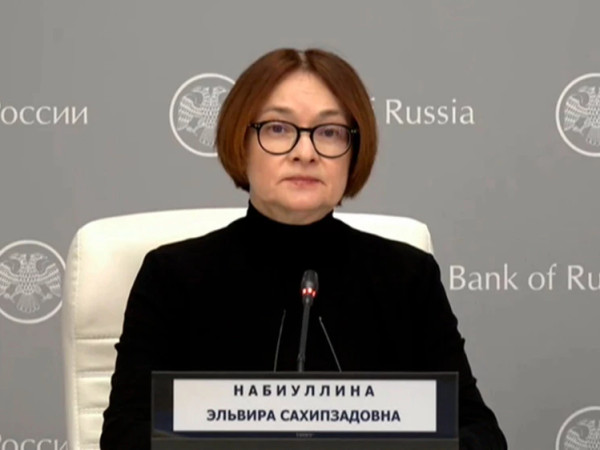The Bank of England has raised its key interest rate to the highest level in 13 years as policymakers around the world combat inflation fueled by high energy prices, Russia’s war in Ukraine and lingering concerns about COVID-19.
The central bank hiked rates for the fourth time since December as UK inflation runs at 30-year highs. Its Monetary Policy Committee voted 6-3 to lift the rate that the Bank of England pays other banks by a quarter-percentage point, to 1 percent. The three members in the minority wanted to raise it even higher — by half a point to 1.25 percent, the bank said, in a sign of growing momentum for strong action to counter rising consumer prices.
“Global inflationary pressures have intensified sharply following Russia’s invasion of Ukraine. This has led to a material deterioration in the outlook for world and UK growth,” the bank said.
It said those developments and COVID-19 restrictions in China have worsened the supply chain shocks that the United Kingdom and other countries face.
The decision comes a day after the US Federal Reserve stepped up its attack on inflation, approving the biggest rate increase in more than two decades and signaling that more are on the way. The Fed increased its key short-term rate by a half-percentage point, to a range of 0.75 percent to 1 percent.
Other central banks around the world, from Sweden to Australia, also have started taking similar action.
Soaring consumer prices in the UK are spurring a cost-of-living crisis marked by rocketing energy bills and surging food and transport prices. The Bank of England is struggling to show it is serious about reining in inflation without moving so aggressively that it undermines consumer confidence.
“The Bank of England has a difficult job ahead of it — inflationary pressures from external factors are getting higher and higher,” Dmitri Theodosiu, head of foreign exchange and interest rates trading at Investec, said in a note to investors. “And with the cries of ‘higher, higher’ ringing in the ears comes the knowledge that too much intervention could see a damaging fall to the economy.”
Bank of England policymakers indicated that more rate increases could be in the pipeline based on the latest economic outlook.
“Most members of the committee judge that some degree of further tightening in monetary policy may still be appropriate in the coming months,” the bank’s report said.
The UK’s inflation rate rose to a 30-year high of 7 percent in March, more than triple the central bank’s target of 2 percent. Economists expect inflation to reach 9 percent or more later this year, Al Jazeera reports.















